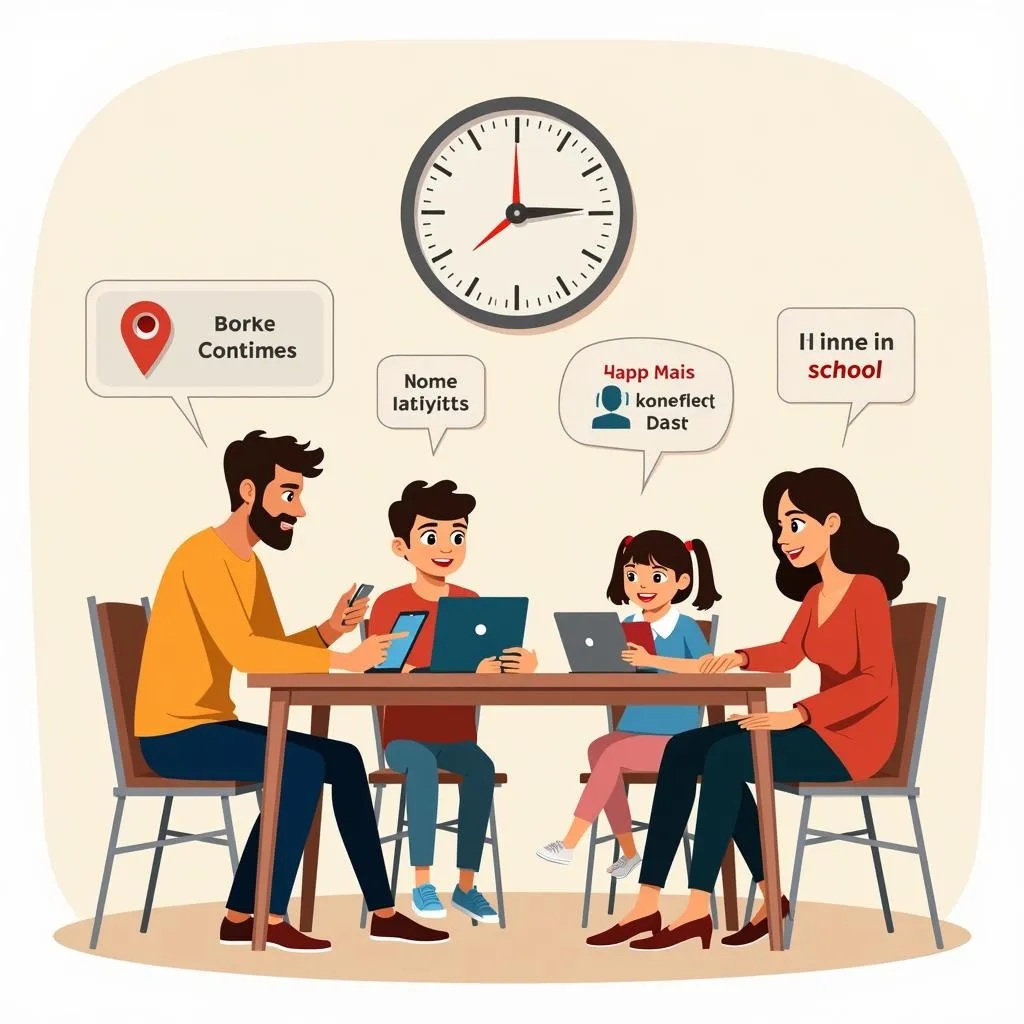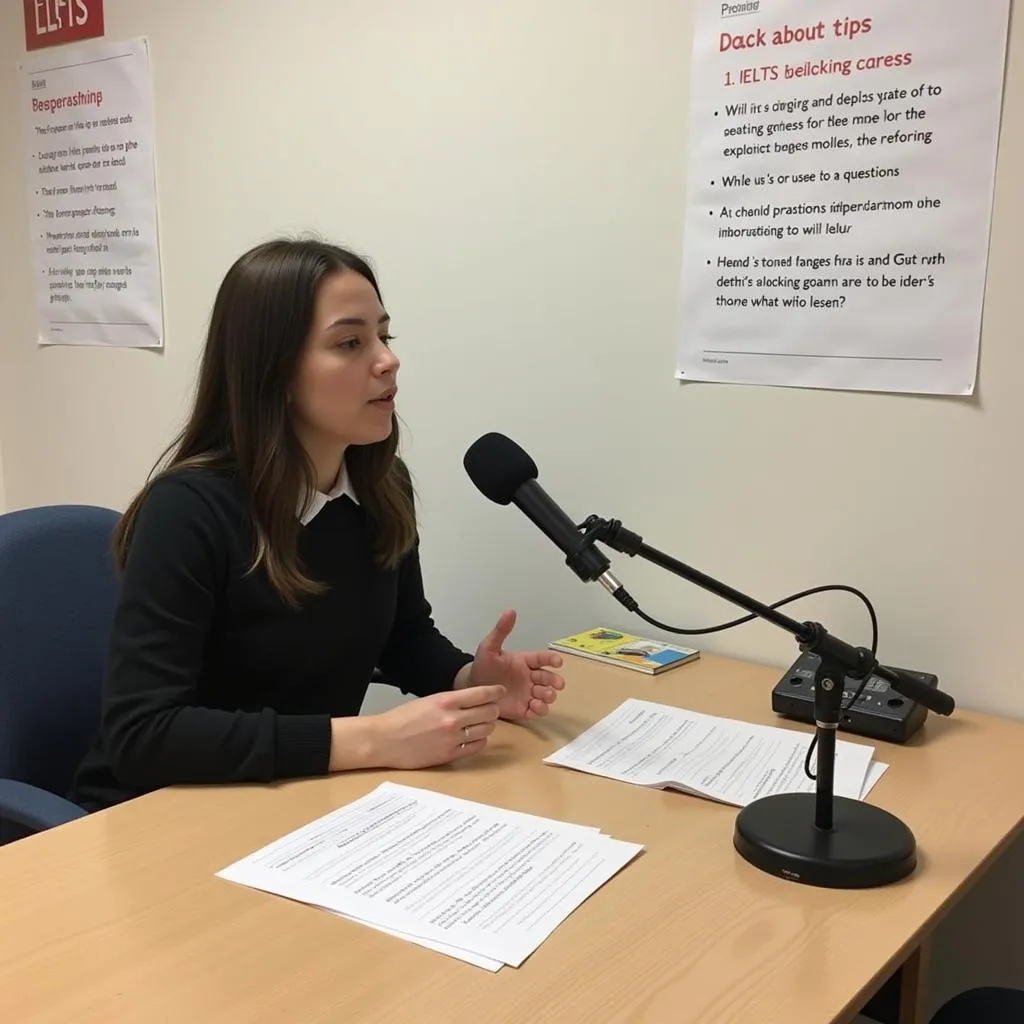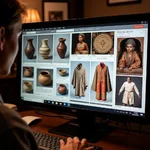Describing a memorable time with family is a common topic in IELTS Speaking tests. This theme allows candidates to showcase their ability to narrate personal experiences while demonstrating their language skills. Let’s explore how to effectively answer questions related to this topic and maximize your score in the IELTS Speaking exam.
Part 1: Introduction and Interview
In this section, the examiner may ask general questions about your family and memorable experiences. Here are some potential questions and suggested answers:
-
Do you enjoy spending time with your family?
Sample answer (Band 7-8): “Absolutely! I cherish the moments I spend with my family. We often engage in various activities together, like weekend outings or simple movie nights at home. These experiences help us bond and create lasting memories.”
-
What kind of activities do you usually do with your family?
Sample answer (Band 8-9): “We partake in a wide range of activities. Sometimes we embark on adventurous hiking trips, exploring nature trails and immersing ourselves in the great outdoors. Other times, we prefer more relaxed pursuits, such as cooking elaborate meals together or engaging in thought-provoking board games. These diverse activities cater to everyone’s interests and help us strengthen our family ties.”
Describe a memorable meal you shared with family is another common topic that often comes up in IELTS Speaking tests. It’s closely related to family experiences and can provide excellent opportunities to showcase your vocabulary and speaking skills.
Part 2: Long Turn
In this section, you’ll be given a cue card with a topic to speak about for 1-2 minutes. Here’s a sample cue card related to our theme:
Describe a memorable time you had with your family
You should say:
- When it was
- Where you were
- Who you were with
- What you did
- And explain why it was memorableSample answer (Band 6-7):
“I’d like to talk about a memorable family vacation we took last summer. It was in July, and we decided to visit a beautiful coastal town. I went with my parents and my younger sister.
We stayed in a cozy beach house for a week. During our stay, we did many fun activities. We spent time on the beach, swimming and building sandcastles. In the evenings, we would go for walks along the shore and watch the sunset.
One day, we went on a boat trip to see dolphins. It was amazing to see them swimming and jumping near our boat. We also tried local seafood restaurants and enjoyed delicious meals together.
This time was memorable because it was rare for our whole family to spend so much time together without distractions. We laughed a lot, shared stories, and created new memories. The beautiful scenery and relaxing atmosphere made it special too. It helped us bond and appreciate each other more.”
Sample answer (Band 8-9):
“I’d like to recount a truly unforgettable family experience from last summer. It was in mid-July when we embarked on a week-long adventure to a picturesque coastal town. The trip involved my parents, my younger sister, and myself.
We opted for a charming beach house as our accommodation. Throughout our stay, we immersed ourselves in a plethora of engaging activities. We reveled in the sun-kissed beaches, indulging in invigorating swims and showcasing our creativity through intricate sandcastle constructions. As dusk approached, we would take leisurely strolls along the shoreline, marveling at the breathtaking sunsets.
One particularly memorable excursion was a boat trip to observe dolphins in their natural habitat. It was truly awe-inspiring to witness these majestic creatures frolicking and leaping near our vessel. We also savored the local cuisine, frequenting various seafood restaurants and delighting in sumptuous meals together.
This experience stands out as exceptionally memorable due to the rare opportunity it provided for our entire family to spend quality time together, free from the usual distractions of daily life. We shared countless laughs, exchanged personal anecdotes, and forged new memories. The stunning scenery and serene atmosphere added to the uniqueness of the occasion. Ultimately, this trip served to strengthen our familial bonds and foster a deeper appreciation for one another.”
 Family enjoying a beach vacation
Family enjoying a beach vacation
Follow-up questions:
-
What made this experience different from other family times?
Sample answer (Band 8-9): “What truly set this experience apart was the uninterrupted quality time we spent together. Unlike our day-to-day interactions, which are often fragmented by work and other commitments, this vacation allowed us to fully engage with each other. The change of scenery and break from routine also contributed to a more relaxed and open atmosphere, fostering deeper conversations and shared experiences that we might not have had otherwise.”
-
How do you think such experiences affect family relationships?
Sample answer (Band 8-9): “I believe these experiences play a crucial role in strengthening family bonds. They provide a unique platform for family members to interact in a more relaxed and intimate setting, away from the pressures of daily life. Such shared adventures often lead to the creation of inside jokes and shared memories that can be fondly recalled for years to come, reinforcing the sense of unity within the family. Moreover, facing new experiences together can foster teamwork and mutual understanding, ultimately enhancing the overall dynamics of the family relationship.”
Part 3: Two-way Discussion
In this section, the examiner will ask more abstract questions related to the topic. Here are some potential questions and sample answers:
-
How have family activities changed in recent years?
Sample answer (Band 6-7): “Family activities have changed a lot recently. With technology, many families spend more time on devices instead of talking face-to-face. However, there’s also a trend of families trying new outdoor activities together, like hiking or camping. Some families are also choosing to travel more and experience different cultures together.”
Sample answer (Band 8-9): “Family activities have undergone a significant transformation in recent years, largely influenced by technological advancements and changing societal norms. While there’s been a noticeable shift towards more screen-based interactions, with family members often engrossed in their individual devices, there’s also a counter-movement emerging. Many families are now consciously seeking out shared experiences that promote active engagement and face-to-face communication. This has led to a resurgence in outdoor activities, with families embracing adventures like hiking, camping, or participating in local community events. Additionally, there’s a growing trend towards experiential family travel, where families immerse themselves in different cultures and environments, fostering a sense of shared discovery and learning.”
-
Why do you think some families find it difficult to spend time together?
Sample answer (Band 7-8): “There are several reasons why families might struggle to spend time together. Busy work schedules often play a significant role, with parents working long hours or having irregular shifts. Children’s extracurricular activities can also take up a considerable amount of time. Additionally, the prevalence of personal electronic devices can lead to family members being physically present but mentally elsewhere. Financial constraints might also limit opportunities for shared activities or vacations. Lastly, as children grow older and seek independence, they may prioritize time with friends over family, making it challenging to coordinate schedules for family time.”
 Challenges families face in spending time together
Challenges families face in spending time together
-
How can governments encourage families to spend more quality time together?
Sample answer (Band 8-9): “Governments can implement a range of measures to promote family togetherness. One effective approach could be introducing policies that ensure a healthy work-life balance, such as mandating paid family leave or encouraging flexible working hours. They could also invest in public spaces like parks, community centers, and libraries, providing affordable venues for family activities. Subsidizing family-oriented events or offering tax incentives for family vacations could make quality time more accessible to all economic levels. Education systems could incorporate family engagement into school curricula, fostering a culture that values family time. Additionally, public awareness campaigns highlighting the benefits of family bonding could shift societal attitudes. By addressing these factors holistically, governments can create an environment that facilitates and values family time.”
Key Vocabulary and Phrases for High Scores
To achieve a high score in your IELTS Speaking test, it’s crucial to use a variety of advanced vocabulary and phrases. Here are some examples that can help elevate your responses:
-
Cherish /ˈtʃer.ɪʃ/ (verb): to keep a happy memory of something in your mind
Example: “I cherish the moments we spend together as a family.” -
Embark on /ɪmˈbɑːrk ɒn/ (phrasal verb): to start a new project or activity
Example: “We embarked on a family adventure to the mountains last summer.” -
Immerse oneself /ɪˈmɜːs wʌnˈself/ (verb phrase): to become completely involved in something
Example: “During our vacation, we immersed ourselves in the local culture.” -
Forge /fɔːdʒ/ (verb): to create or develop
Example: “These family trips help us forge stronger bonds with each other.” -
Quintessential /ˌkwɪn.tɪˈsen.ʃəl/ (adjective): being the most typical example of a particular quality or thing
Example: “Our annual beach trip has become a quintessential part of our family traditions.”
Describe something that you did with someone is another topic that allows you to use these advanced vocabulary items in context, helping you demonstrate your language proficiency.
Examiner’s Advice
To excel in the IELTS Speaking test, particularly when describing memorable family experiences, consider the following tips:
-
Practice narrating personal stories: Regularly practice telling stories about your family experiences. Focus on structuring your narrative with a clear beginning, middle, and end.
-
Expand your vocabulary: Learn and use a variety of descriptive words and idiomatic expressions related to family, emotions, and experiences.
-
Work on your fluency: Try to speak continuously without long pauses. Use linking words to connect your ideas smoothly.
-
Include specific details: When describing an experience, include sensory details and specific examples to make your story more vivid and engaging.
-
Show reflection: Don’t just describe what happened; explain why it was memorable and how it affected you or your relationships.
-
Practice with timing: For Part 2, practice speaking for the full 2 minutes. Use all the bullet points on the cue card to help structure your response.
-
Develop your ideas: In Part 3, try to give extended answers. Support your opinions with examples and explanations.
Remember, the key to success in the IELTS Speaking test is not just about what you say, but how you say it. Aim for clarity, fluency, and a range of vocabulary and structures in your responses.
Describe an unforgettable trip you took with family or friends is another topic that can help you practice these skills, as it shares many similarities with describing a memorable family experience.
 IELTS Speaking test preparation
IELTS Speaking test preparation
By following these guidelines and consistently practicing, you’ll be well-prepared to discuss memorable family experiences in your IELTS Speaking test. Remember, the goal is not just to answer the questions, but to demonstrate your English language skills effectively. Good luck with your IELTS preparation!


